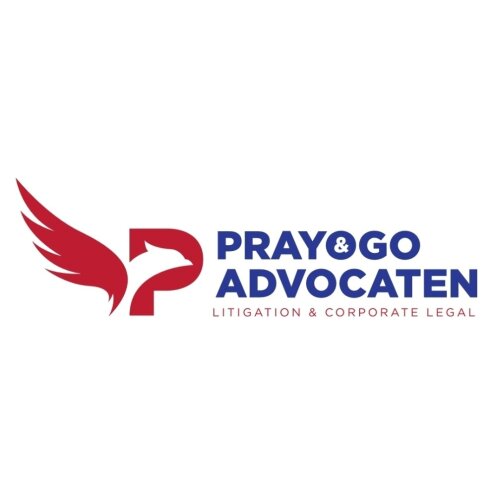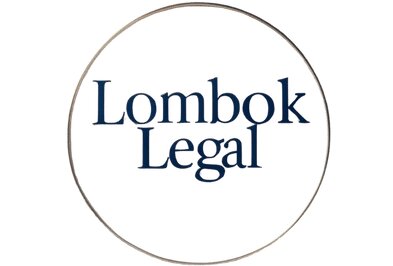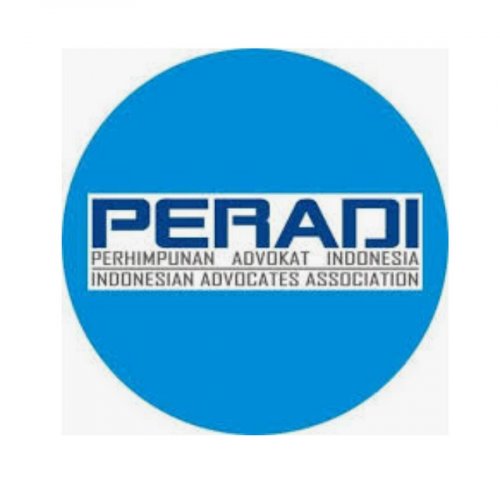Best Acquisition / Leveraged Finance Lawyers in Indonesia
Share your needs with us, get contacted by law firms.
Free. Takes 2 min.
Or refine your search by selecting a city:
List of the best lawyers in Indonesia
About Acquisition / Leveraged Finance Law in Indonesia
Acquisition and leveraged finance refer to the legal and financial structures used to acquire businesses, assets, or shares primarily through borrowed funds. In Indonesia, the legal framework for acquisition and leveraged finance is shaped by a combination of local regulations, international best practices, and evolving market conditions. Typically, these transactions involve banks or other financial institutions providing loans to investors or companies to facilitate mergers, acquisitions, or buyouts. Indonesian law provides unique considerations regarding collateral, foreign debt restrictions, banking regulations, and cross-border transaction approvals, making legal guidance essential for both local and international participants.
Why You May Need a Lawyer
Legal counsel is crucial in acquisition and leveraged finance transactions for several reasons. Negotiating, drafting, and executing finance documents demand expertise to ensure regulatory compliance and to protect your interests. Lawyers can guide you through local licensing requirements, debt structuring, collateral arrangements, and foreign exchange rules. You may require a lawyer if you are:
- Thinking of acquiring an Indonesian business or substantial asset with financing
- Selling a business and negotiating the terms of payment with banks or private equity investors
- A lender or investor seeking security over assets in Indonesia
- Structuring transactions involving Indonesian subsidiaries of multinational companies
- Conducting legal due diligence for cross-border acquisitions
- Ensuring compliance with foreign ownership and anti-monopoly laws
- Addressing disputes or defaults related to acquisition or leveraged finance deals
Local Laws Overview
In Indonesia, acquisition and leveraged finance arrangements are governed by several key legal instruments and regulatory bodies. The Indonesian Civil Code and Company Law (Law No. 40 of 2007) provide the legal basis for company acquisitions, mergers, and the use of secured lending. The Financial Services Authority (OJK), Bank Indonesia (BI), and the Investment Coordinating Board (BKPM) set regulatory requirements for participants, especially regarding lending, foreign investment, and reporting. Key considerations include:
- Foreign ownership limits in certain sectors
- Banking regulations on onshore and offshore loans
- Secured transactions, including mortgage, fiduciary, or pledge security interests
- Foreign currency borrowing and repatriation rules
- Mandatory notification, approval, and reporting for certain acquisition deals
- Anti-competition rules prohibiting unfair market domination
- Exchange control and withholding tax requirements on loan interest
- Restriction on financial assistance and thin capitalization rules
Frequently Asked Questions
What is acquisition finance and how does it work in Indonesia?
Acquisition finance refers to funding arranged for the purpose of buying a company or business, usually involving a combination of equity and significant debt. In Indonesia, this can involve local or international banks and requires compliance with corporate, banking, and investment laws.
What is leveraged finance?
Leveraged finance involves borrowing funds, often secured by the assets or shares of the acquired company, to maximize the return on investment. It enables investors to acquire larger businesses with less initial capital.
Can foreign investors obtain acquisition finance in Indonesia?
Yes, foreign investors can access acquisition finance, either from Indonesian or international lenders. However, they must comply with foreign ownership restrictions and often need approval from the Indonesian Investment Coordinating Board (BKPM).
What are the main types of security interests in Indonesia?
Common forms of security interests include mortgage (hak tanggungan) over land and buildings, fiduciary security for movable assets, pledges over shares and bank accounts, and corporate guarantees.
Are there any restrictions on the repayment of loans in foreign currency?
Yes, Indonesia tightly regulates foreign currency loans and repayments. Parties must report certain foreign exchange transactions to Bank Indonesia and comply with prudential regulations for offshore borrowing.
Do leveraged buyouts require government approval?
Certain leveraged buyouts may require notification or approval from regulators, especially if foreign investment, public companies, or sectors subject to special rules are involved.
What is legal due diligence and why is it important?
Legal due diligence is a comprehensive review of the target company's assets, liabilities, and compliance status. It is essential to identify legal risks, confirm ownership, and ensure smooth transaction execution.
Are there any anti-trust or competition rules to consider?
Yes, the Indonesian Competition Commission oversees M&A transactions to prevent market monopolization and anti-competitive practices. Certain deals require pre- or post-transaction notification.
What are the tax implications of acquisition finance?
Interest on loans is subject to withholding tax, especially if payments are made to offshore lenders. Other taxes may include value added tax on asset transfers and income tax on capital gains.
What happens if a borrower defaults on an acquisition loan?
Creditors may enforce their security by selling assets in accordance with the security agreement and Indonesian execution procedures. Workouts, restructuring, or insolvency proceedings may also be considered.
Additional Resources
If you are seeking further information or support on acquisition or leveraged finance in Indonesia, the following resources may be helpful:
- Financial Services Authority (OJK): Oversees banks and financial institutions
- Bank Indonesia (BI): Regulates foreign exchange and offshore borrowing
- Investment Coordinating Board (BKPM): Handles foreign investment licensing and sectoral approvals
- Indonesian Competition Commission (KPPU): Reviews compliance with competition and anti-monopoly laws
- Indonesian Bar Association (PERADI): Resource for finding qualified legal practitioners
Next Steps
If you require legal advice or representation regarding acquisition or leveraged finance in Indonesia, consider the following steps:
- Identify your specific needs and objectives for the transaction
- Gather relevant documentation, such as company profiles, financial statements, and draft agreements
- Research reputable law firms or legal practitioners with experience in acquisition and finance law
- Schedule consultations to discuss your goals, risks, and compliance requirements
- Request a detailed scope of work and fee estimate before engaging legal counsel
- Work closely with your lawyer to conduct due diligence, structure the deal, prepare documentation, and obtain required approvals
- Keep records of advice received and decisions made throughout the process
Professional legal assistance can make a significant difference in successfully navigating Indonesia's complex acquisition and finance landscape.
Lawzana helps you find the best lawyers and law firms in Indonesia through a curated and pre-screened list of qualified legal professionals. Our platform offers rankings and detailed profiles of attorneys and law firms, allowing you to compare based on practice areas, including Acquisition / Leveraged Finance, experience, and client feedback.
Each profile includes a description of the firm's areas of practice, client reviews, team members and partners, year of establishment, spoken languages, office locations, contact information, social media presence, and any published articles or resources. Most firms on our platform speak English and are experienced in both local and international legal matters.
Get a quote from top-rated law firms in Indonesia — quickly, securely, and without unnecessary hassle.
Disclaimer:
The information provided on this page is for general informational purposes only and does not constitute legal advice. While we strive to ensure the accuracy and relevance of the content, legal information may change over time, and interpretations of the law can vary. You should always consult with a qualified legal professional for advice specific to your situation.
We disclaim all liability for actions taken or not taken based on the content of this page. If you believe any information is incorrect or outdated, please contact us, and we will review and update it where appropriate.
Browse acquisition / leveraged finance law firms by city in Indonesia
Refine your search by selecting a city.
















